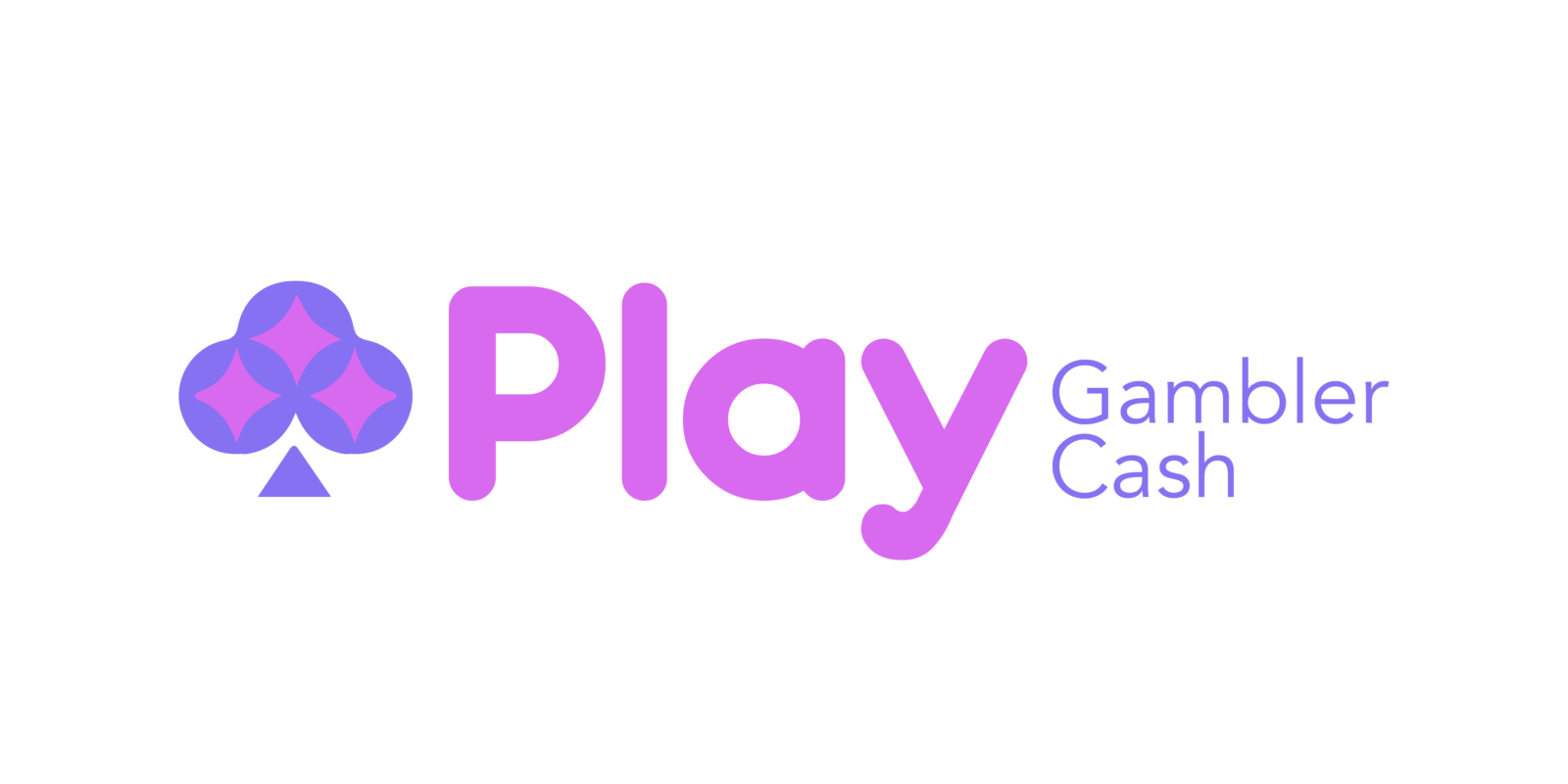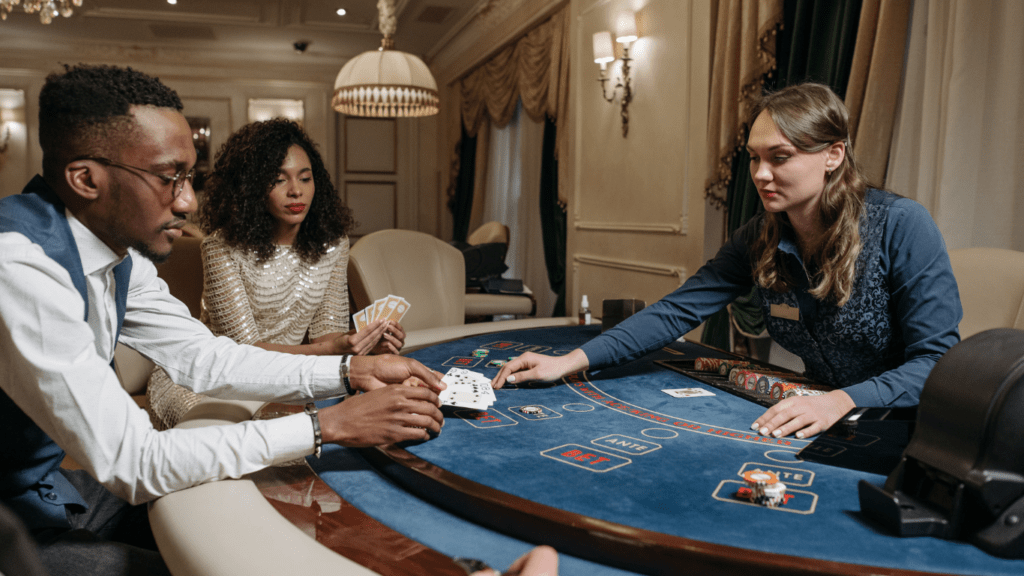Understanding Risk Management
Risk management involves identifying and analyzing potential pitfalls before setting foot in the casino or logging into an online platform. It ensures I maintain control over my investments and emotions while gambling. By employing these methods, I aim for a more strategic approach, reducing exposure to significant losses.
- Setting Budget Limits: Establishing clear financial boundaries helps me prevent overspending. I decide on a specific amount to wager and treat it like an entertainment expense, not an investment.
- Assessing Probability: Understanding odds and probabilities allows me to make informed bets. By analyzing games’ expected outcomes, I can choose wisely based on the likelihood of success.
- Monitoring Progress: Regularly reviewing my performance helps identify patterns or errors. I track wins, losses, and the types of games that suit my risk tolerance.
- Adapting Strategies: Flexibility in tactics ensures I can adjust to new circumstances. When results aren’t favorable, I reassess my approach and learn from past experiences.
Risk management in gambling facilitates better decision-making and minimizes potential negative impacts. By incorporating these measures into my gambler’s toolbox, I elevate the overall gaming experience while safeguarding against unnecessary risks.
Key Principles of Risk Management
Understanding the core principles of risk management creates a foundation for a more strategic gambling approach. Mastering these principles can lead to informed decision-making and protect from unnecessary losses.
Assessing Risk
I believe assessing risk involves evaluating the potential downsides of a gambling activity before diving in. By analyzing the game’s rules and odds, I can anticipate potential outcomes and weigh them against my gambling goals. Staying informed about changes in these components helps me adjust my strategy effectively.
Determining Risk Tolerance
Risk tolerance is an individual’s comfort level with losing a bet. I identify mine by reviewing past experiences and considering my financial situation. Knowing how much I’m willing to lose helps me maintain control and make decisions that align with my personal limits without succumbing to emotionally-driven choices.
Setting Limits
Setting limits provides a structured approach to managing gambling finances. I establish a budget specific to each session to prevent excessive spending. By defining time constraints, I ensure that my gambling activities remain enjoyable and don’t interfere with other aspects of my life.
Tools for Managing Gambling Risks

Managing gambling risks requires a thoughtful approach to decision-making and discipline. I focus on balancing enjoyment and caution with effective tools and techniques.
Budgeting Strategies
Effective budgeting ensures that gambling doesn’t harm financial stability. I allocate a specific portion of my discretionary income only for gambling. For example, I set a weekly gambling budget and stick to it, irrespective of my wins or losses. Tracking expenses helps me stay within limits, ensuring that gambling remains a fun activity rather than a financial burden.
Time Management Approaches
Time management prevents gambling from consuming too much of my life. I schedule specific gambling sessions, whether daily or weekly, and adhere to these limits. This structured approach minimizes excessive play, helping me avoid neglecting other responsibilities. Setting an alarm or timer for my planned session duration aids in maintaining this discipline.
Strategies for Responsible Gambling
Planning carefully can make all the difference in managing gambling activities and ensuring they remain enjoyable and controlled. Incorporating responsible strategies enhances this experience.
Self-Exclusion Techniques
Implementing self-exclusion methods allows individuals to control their gaming patterns. I can self-exclude by registering with online platforms or visiting physical venues to restrict access for a specified period. This action aids in curbing compulsive behaviors. Additionally, voluntary participation in self-exclusion programs reinforces commitment to responsible gambling. Various tools, such as software applications, help enforce these restrictions by blocking gambling websites and apps.
Seeking Support and Counseling
Accessing support networks and counseling services can strengthen a responsible gambling approach. I can reach out to organizations like Gamblers Anonymous, where other gamblers share experiences and solutions. Engaging with mental health professionals enhances understanding of underlying issues that drive gambling habits. This valuable support also provides strategies to manage stress and emotional challenges unrelated to gambling. Setting a routine of regular check-ins ensures that I’m continually aligned with my gambling goals and emotional well-being.
Evaluating Gambling Outcomes
Tracking gambling outcomes gives gamblers insight into their strategies’ effectiveness. By dissecting both wins and losses, gamblers can make informed decisions about future bets.
Analyzing Wins and Losses
Win and loss analysis serves as a vital part of understanding gambling performance. I keep records of every session’s results, noting whether I felt in control or tapped into sheer luck. This approach reveals patterns that might not be obvious at first glance. High-frequency wins might indicate a successful strategy, while frequent losses might highlight a need for reassessment. Recognizing whether a win was a result of a well-executed plan or mere luck can guide the intensity of future risks.
Adjusting Strategies Accordingly
Strategy adjustments are necessary for refining gambling approaches. When I notice a decline in positive results, I revisit my tactics to identify what went wrong. Elements such as:
- game selection
- bet sizes
- timing
can be tweaked to align with observed patterns. For example, shifting from high-risk games to those with better odds may reduce losses. By continuously evaluating strategy effectiveness, gamblers can adapt their tactics to current circumstances, enhancing their overall experience.



 _____
Doyle Ginn – Lead Analyst & Odds Strategist
Doyle Ginn is the numbers guru of Play Gambler Cash. With years of experience decoding betting odds and uncovering hidden patterns, Doyle provides players with actionable strategies to improve their winning chances. His sharp analytical skills make him an invaluable resource for gamblers looking to beat the odds.
_____
Doyle Ginn – Lead Analyst & Odds Strategist
Doyle Ginn is the numbers guru of Play Gambler Cash. With years of experience decoding betting odds and uncovering hidden patterns, Doyle provides players with actionable strategies to improve their winning chances. His sharp analytical skills make him an invaluable resource for gamblers looking to beat the odds.